
It's that time again: In our traditional end-of-year roundup, our most-read articles showcase interesting healthcare contradictions in 2023: In diagnostic imaging, big numbers still get the spotlight, as the development of a 14-Tesla MRI and application of ever more sophisticated AI models demonstrates. On the other hand, realization sets in that more is not always better – especially for the environment. As a result, initiatives for more eco-friendly radiology are gaining momentum. The increasing impact of global warming on human health is another major topic for 2023, and likely will be a challenge for years to come. Finally, our end-of-year makes it clear that the medical sector is a strong motor for innovation, in the physical realm as well as the digital, with promising solutions and refined products for research, diagnostics and treatments.
Enjoy reading, stay healthy and stay tuned!
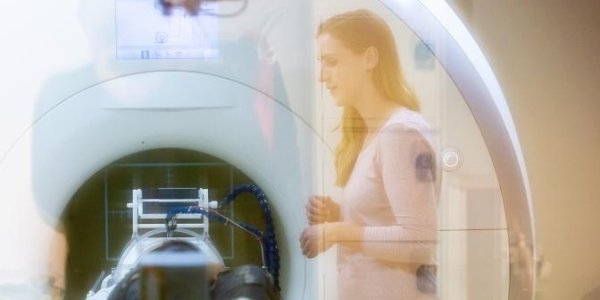
News • Ultrahigh field strength
14 Tesla: Researchers to build world's strongest MRI scanner
The world's first MRI scanner with a magnetic field strength of 14 Tesla will be built in Nijmegen. Its high sensitivity will allow scientists to image the brain in more detail.
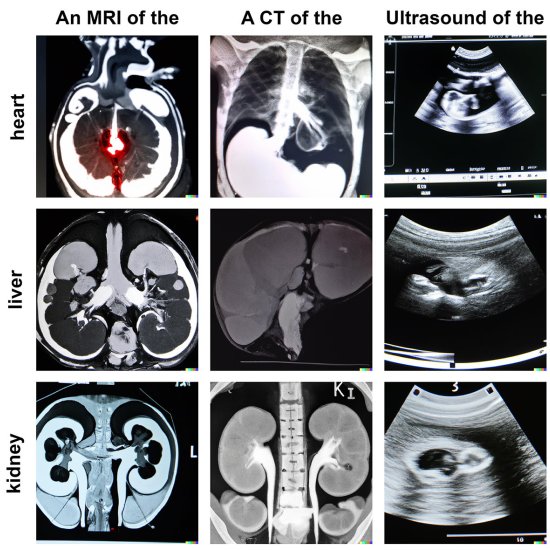 |
News • Deep learning text-to-imageCan AI image generator DALL-E 2 advance radiology?A new paper describes how generative AI text-to-image models such as DALL-E 2 could represent a promising future tool for image generation, augmentation, and manipulation in health care. |
 |
Article • Plenary discussion at ECR 2023Sustainable radiology: why it takes more than “greener” imaging systemsIt’s clear that radiology is lacking in the “green” department: healthcare still causes a large share of global greenhouse gas (GHG) emissions, not least due to diagnostic imaging. Dr Sarah Sheard from Imperial College Healthcare, UK, invited ... |
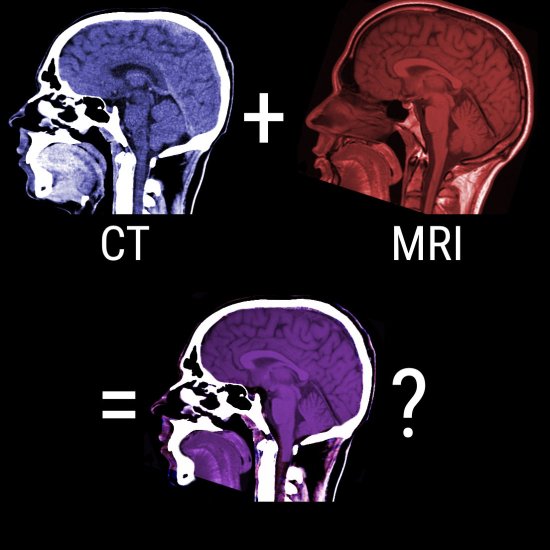 |
News • Research explores DBGAN methodAI fuses CT and MRI scans for better diagnosticsNew research shows how AI can be used to fuse images from clinical X-ray CT and MRI scans to allow a clearer and more clinically useful interpretation of the images. |
 |
News • AI milestoneChatGPT-4 passes radiology board examThe latest version of ChatGPT passed a radiology board-style exam, highlighting the potential of large language models (LLM) but also revealing limitations that hinder reliability, new research shows. |
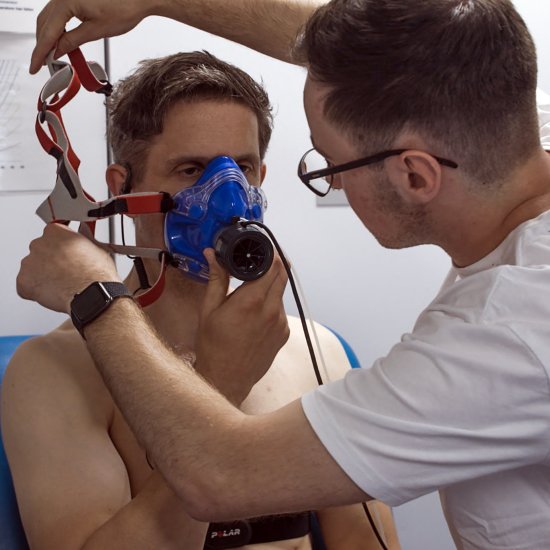 |
News • Experimental biologyGlobal warming: how hot is too hot for human health?Ongoing research at the University of Roehampton, UK has identified the upper critical temperature (UCT) for humans - and why our bodies cannot handle more heat. |
 |
Article • SustainabilityThe challenge of "greening" medical technologiesUnder the impulse of the European Commission, the in vitro diagnostic industry is developing emerging technologies to implement sustainable practices in medical laboratories. As sustainability has been a growing priority of the European Union (EU) ... |
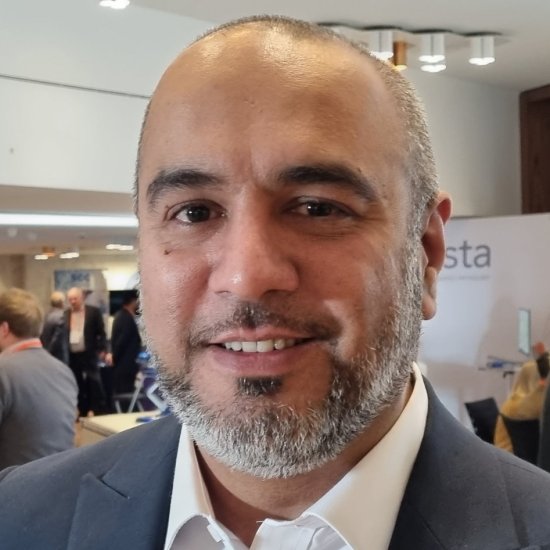 |
Article • Centralised image library and archiveFrom regional to national: digital pathology network transformationTransforming a regional digital pathology network into a national programme across the UK has the potential to save the NHS around £100m a year. Such a network – one that sees a centralised digital pathology image library and archive, as opposed ... |
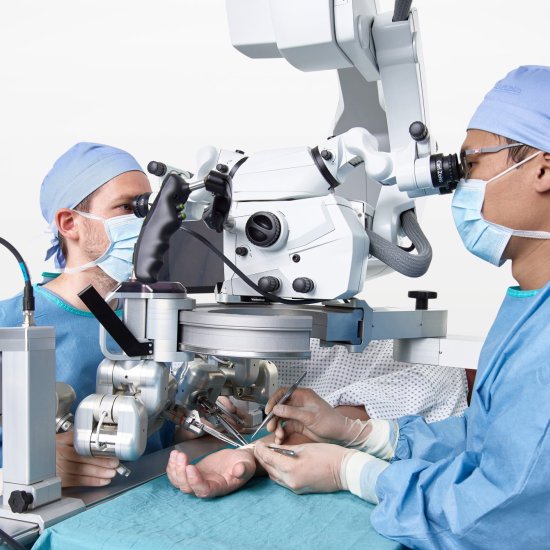 |
Article • State of the art and latest advances in technologyRobotic assistance in the operating theatreSurgical robots are becoming widespread in operating theatres, delivering accuracy and safety. An overview of the main systems, principal operators, the market and European initiatives in this field. |
 |
Article • High resolution imagingCone beam vs. multidetector CT: Experts discuss pros and consRadiology practitioners have highlighted the benefits of cone beam CT in delivering high resolution at a low dose. Delegates at ECR 2023 in Vienna heard how cone beam CT (CBCT) could replace multidetector CT (MDCT) in some areas and is already ... |
 |
Article • Existing solutions need to mature, experts findInteractive mobile cancer apps: promising, but formativeInteractive mobile apps have become ubiquitous in daily life. The Covid-19 pandemic has escalated the use of disease-specific monitoring apps. Mobile apps enabling cancer patients to self-manage their physical condition and symptoms can help them to ... |
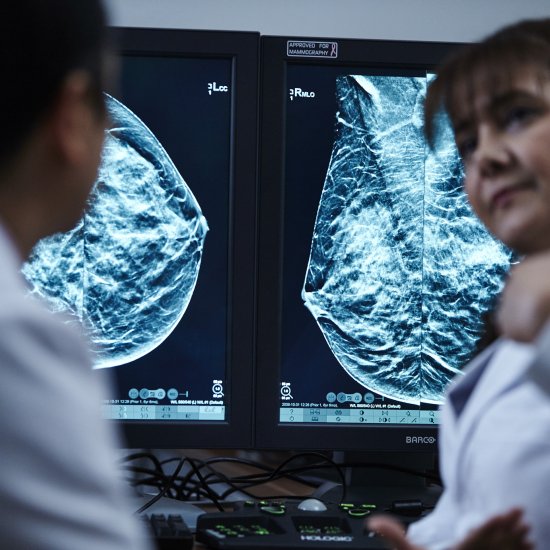 |
Article • Digital breast tomosynthesis (DBT)New EU recommendations for breast screening enhance opportunities for early detectionMammography has been an essential imaging technology for breast cancer detection for decades. As the industry has continued to innovate, one advancement in mammography has particularly changed the landscape of breast imaging: digital breast ... |
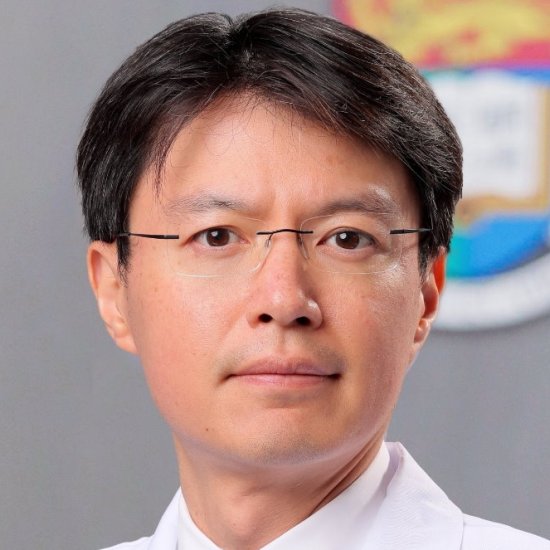 |
Article • High-intensity focused ultrasoundHIFU ablation treatment for benign thyroid nodulesHigh-intensity focused ultrasound (HIFU) ablation is a noninvasively treatment for benign thyroid nodules that are causing distress to patients. Brian H. H. Lang, MD, Clinical Professor in the Department of Surgery at the University of Hong Kong, ... |
You are receiving this email because you subscribed to our newsletter on healthcare-in-europe If you don’t want to receive this newsletter anymore, click here to unsubscribe. Keep up-to-date on the latest news from all hospital-related fields! Copyright © 2025 mgo fachverlage GmbH & Co. KG. E.-C.-Baumann-Straße 5, 95326 Kulmbach, Germany |